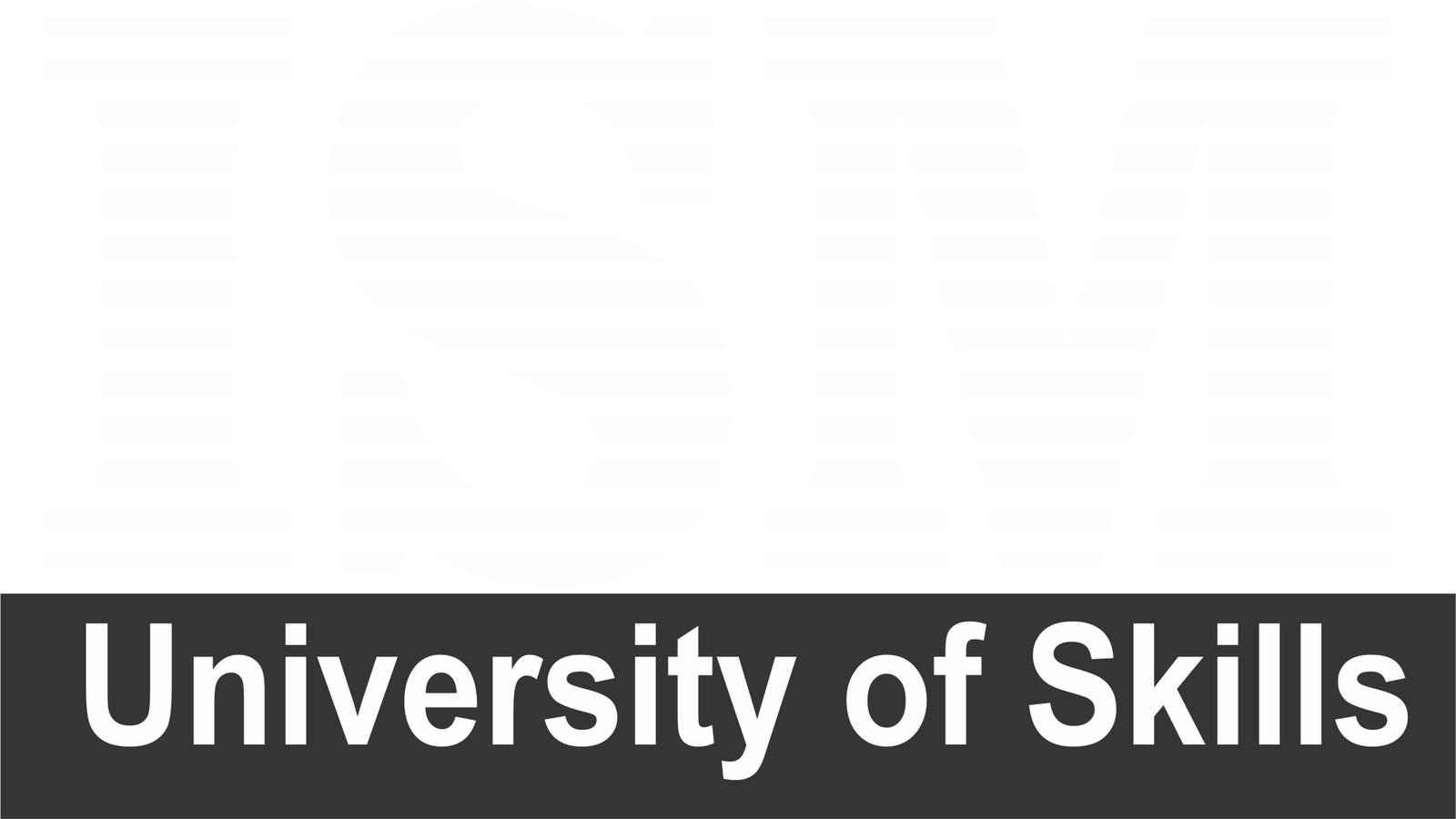Embedded systems could be revolutionized by quantum computing, a groundbreaking technology. Embedded systems stand to benefit greatly from quantum computing, particularly in the areas of cryptography, optimization, and machine learning. Our article explores the benefits quantum computing can bring to embedded systems.
Cryptography: A Quantum Leap Forward
Digital communications and transactions are protected by cryptography. Cryptographic methods, such as public key encryption, rely on classical computers’ incapability to solve complex mathematical problems efficiently. “Quantum factorization” can break these cryptographic schemes, however.
To perform complex computations exponentially faster than classical computers, quantum factorization takes advantage of quantum properties like superposition and entanglement. Consequently, quantum-resistant cryptographic algorithms are needed to address this threat.
This new cryptographic landscape will affect embedded systems that rely on secure data transmission and storage. Quantum computing advancements will require quantum-safe encryption methods to protect sensitive information. In order to maintain data security, researchers and developers are already working on quantum-resistant cryptographic algorithms.
Optimization: Solving Complex Problems at Lightning Speed
Manufacturing and healthcare are among the industries with optimization problems. These complex problems are often difficult to solve with classical computers. In solving optimization problems, quantum computing provides a significant advantage due to its inherent parallelism.
Embedded systems can harness quantum computing’s power to optimize resource allocation, routing, scheduling, and more. For example, in the context of smart cities, quantum algorithms could optimize traffic flow, leading to reduced congestion and lower energy consumption. In manufacturing, quantum computing could optimize supply chain logistics, leading to cost savings and improved efficiency.
As quantum computing hardware becomes more accessible and mature, embedded systems will have the opportunity to leverage quantum algorithms to tackle real-world optimization challenges with unprecedented speed and precision.
Machine Learning: Quantum-enhanced Intelligence
Machine learning is at the heart of many embedded systems, enabling devices to make intelligent decisions and adapt to changing environments. Quantum computing introduces new possibilities for enhancing machine learning algorithms.
Quantum machine learning (QML) leverages quantum principles to process and analyze data more efficiently. Quantum computers can handle massive datasets and complex calculations that classical computers may take years to complete. This opens the door to faster training of machine learning models and the discovery of patterns and insights that were previously beyond reach.
Embedded systems in autonomous vehicles, robotics, and industrial automation can benefit from QML by making quicker and more accurate decisions. For example, self-driving cars equipped with quantum-enhanced machine learning can navigate complex environments with greater precision, enhancing safety and reliability.
Conclusion
While quantum computing is still in its infancy, it promises to have a profound impact on embedded systems in the domains of cryptography, optimization, and machine learning. As quantum hardware and algorithms continue to evolve, embedded system developers and engineers must stay at the forefront of this transformative technology.
Preparing for the quantum future involves not only adapting to the challenges it poses but also harnessing its power to unlock new capabilities. Quantum-resistant cryptography, quantum-enhanced optimization, and quantum machine learning are poised to reshape the landscape of embedded systems, enabling them to perform tasks with unprecedented efficiency and security. As we venture further into the quantum realm, the potential for innovation in embedded systems knows no bounds.

